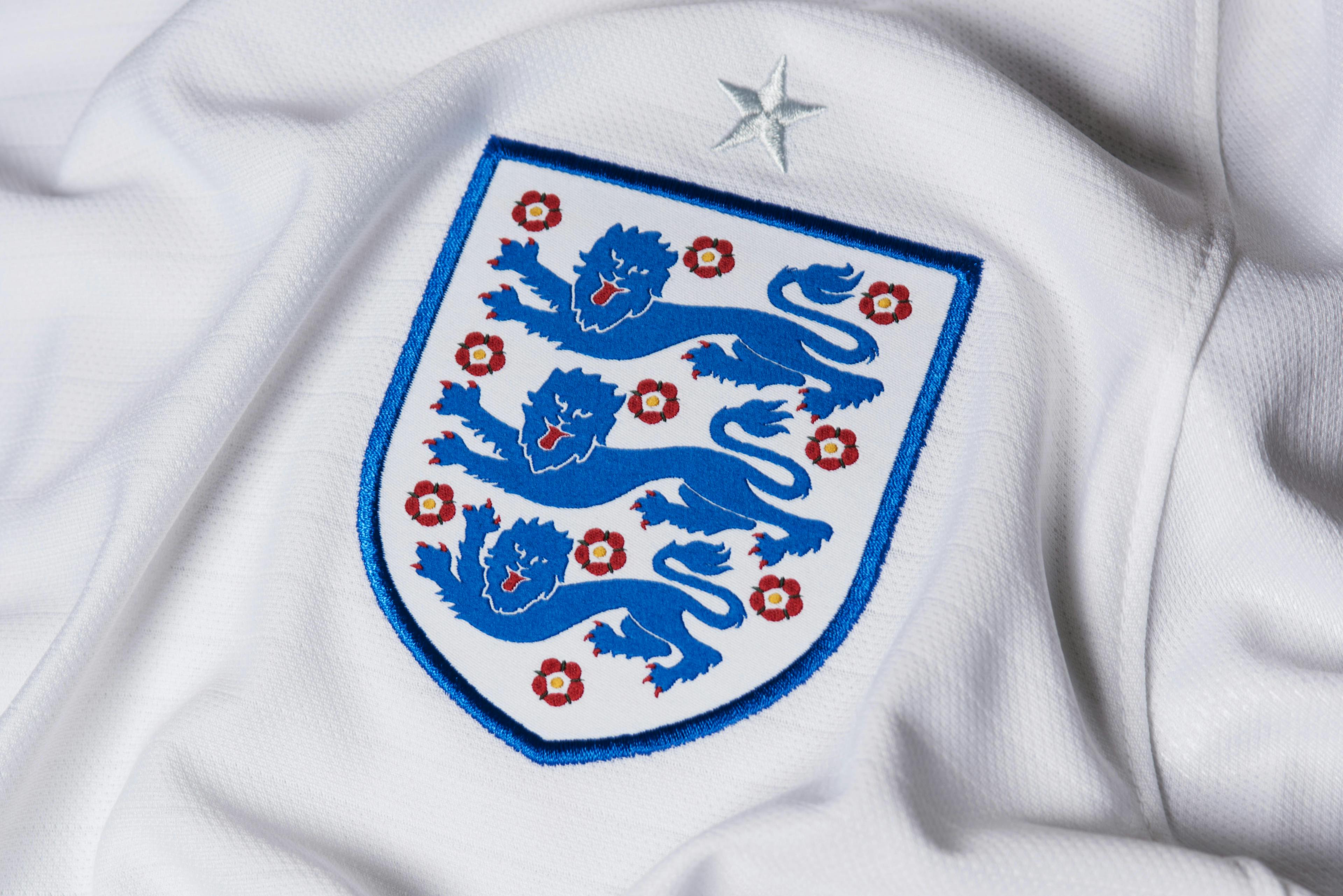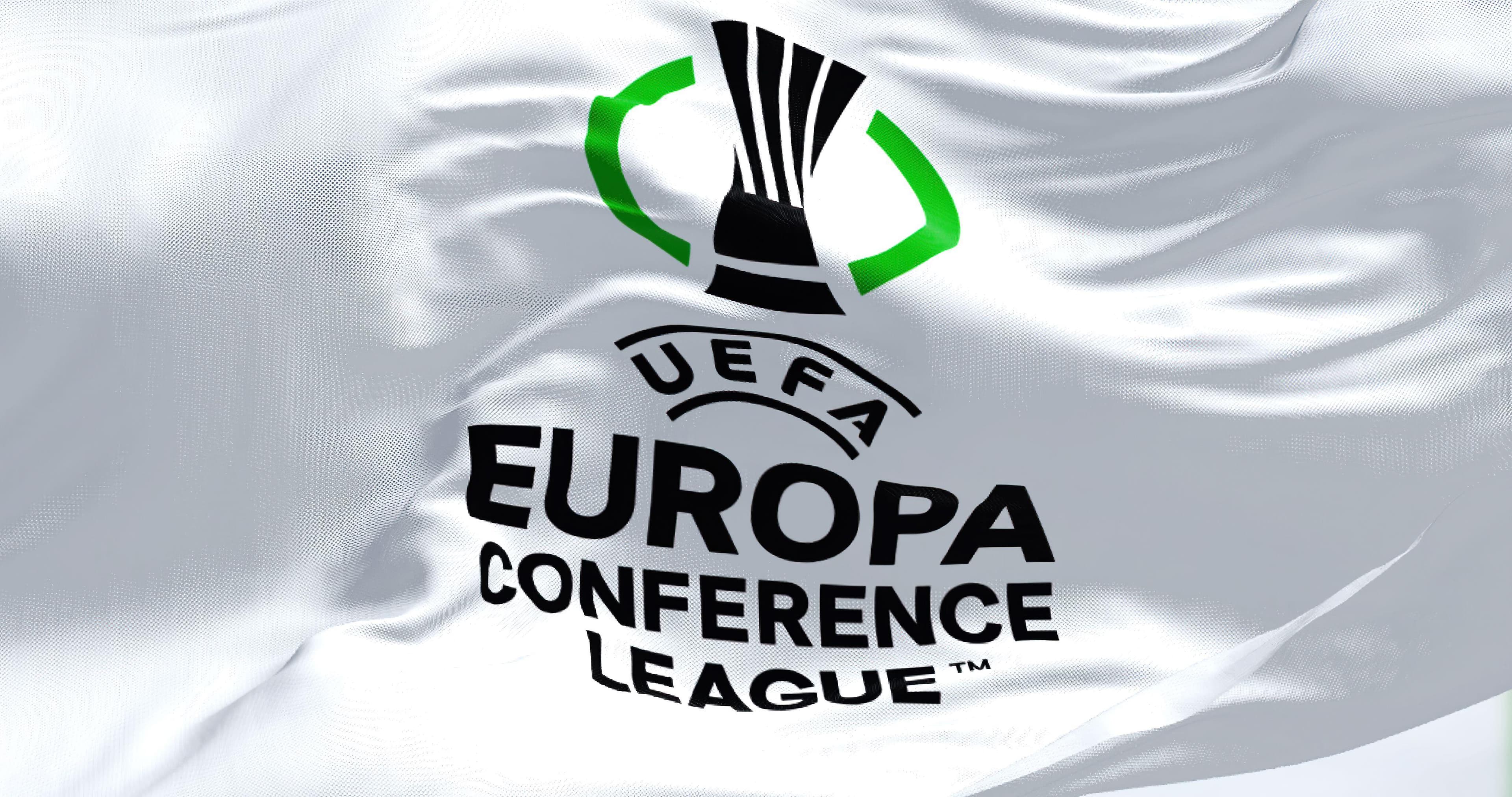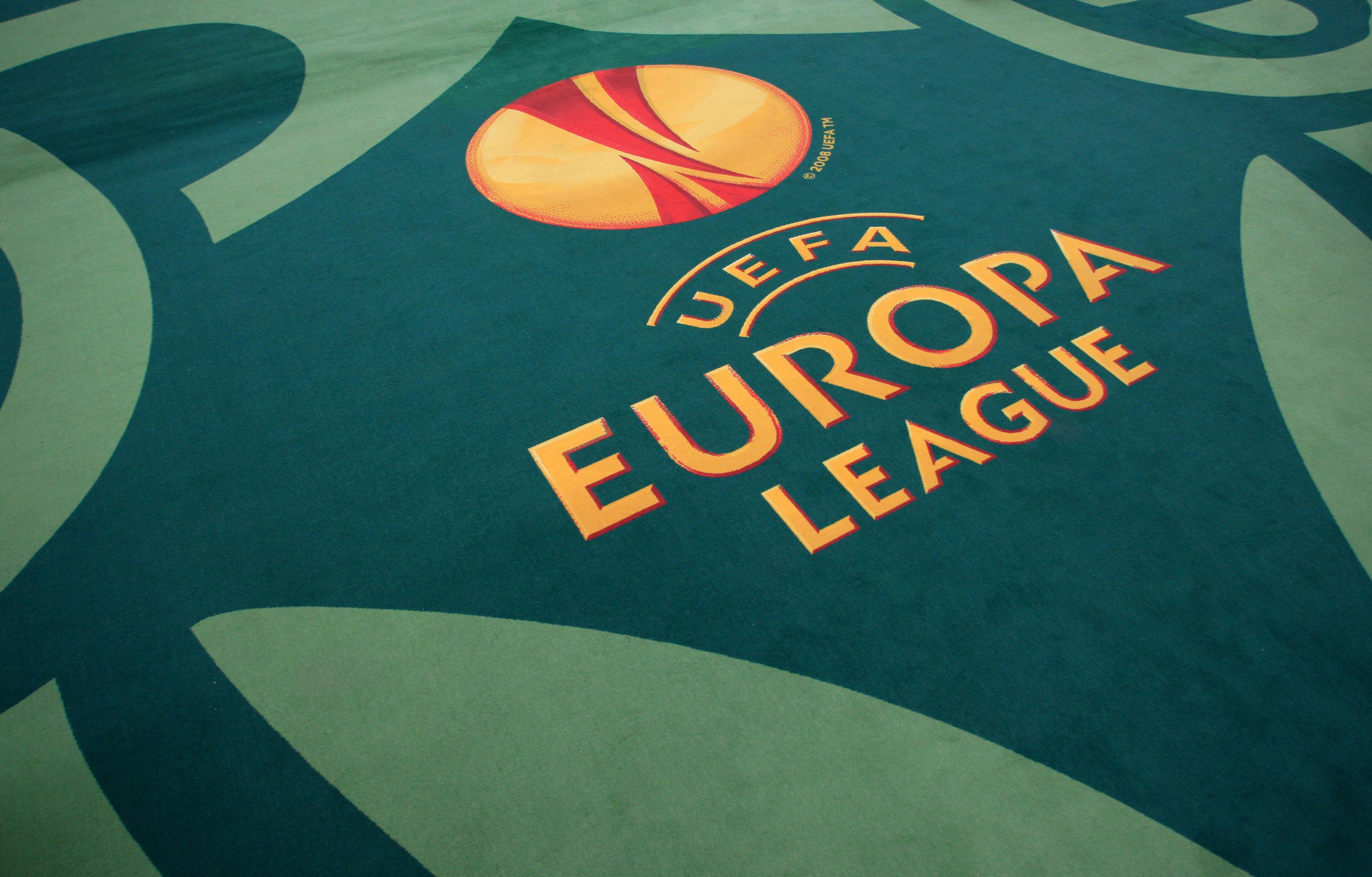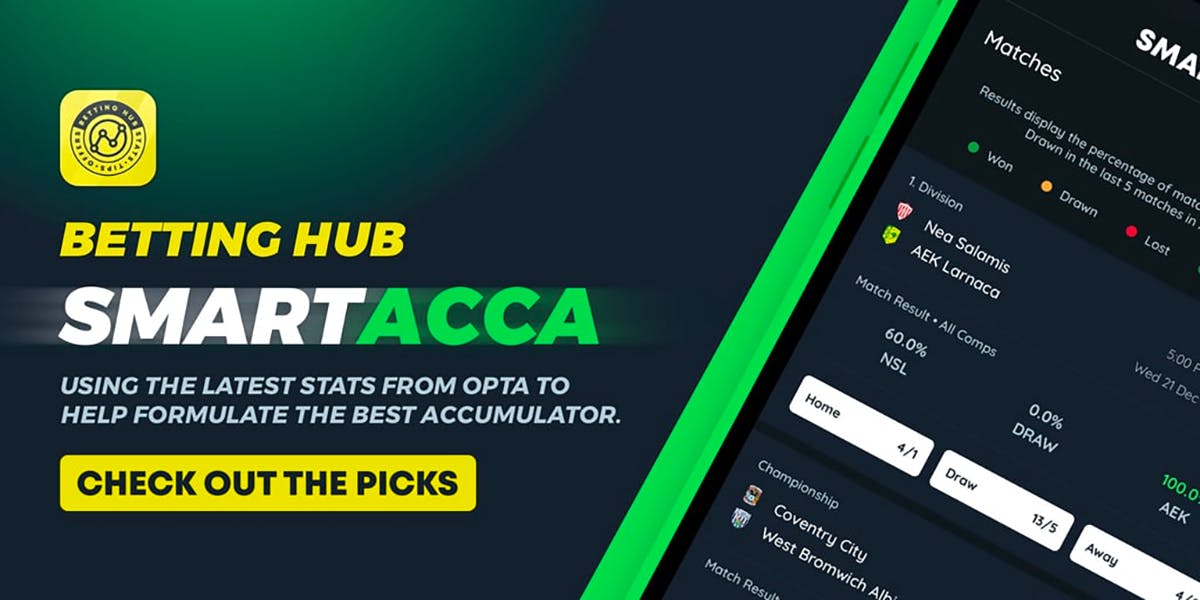Football is the biggest sport across Europe with thousands of teams competing at the highest levels. In our European football news, we look at leagues outside of the UK such as the Serie A, Bundesliga, Ligue 1 and La Liga providing insights and predictions for the games.
Bet Slip
European Football
Latest European Football News
Latest European Football News

Germany vs England: 99/1 Mega Bet Builder Tip
Germany and England meet on Wednesday, with the Three Lions looking for a single point to qualify for the quarter-final stages of the UEFA European Under-21 Championship. Germany h...

Europa Conference League Final: Best Free Bets & Sign Up Offers

Real Betis vs Chelsea: 86/1 Mega Bet Builder Tip

Tottenham vs Man United: 102/1 Mega Bet Builder Tip

Mega Accumulator Tip: @FootyAccums Premium Boost - 17/05/2025

Bundesliga Predictions & Tips: 763/1 Mega Acca for Last Day 17/05/2025

Smart Acca Football Accumulator Tips for Friday 16th May: Aston Villa & Chelsea Both Feature

Smart Acca Football Accumulator Picks for Wednesday 14th May: Rangers & Real Madrid Both Feature

Smart Acca Football Accumulator Tips for Friday 9th May: AC Milan & Coventry City Offering Good Value
